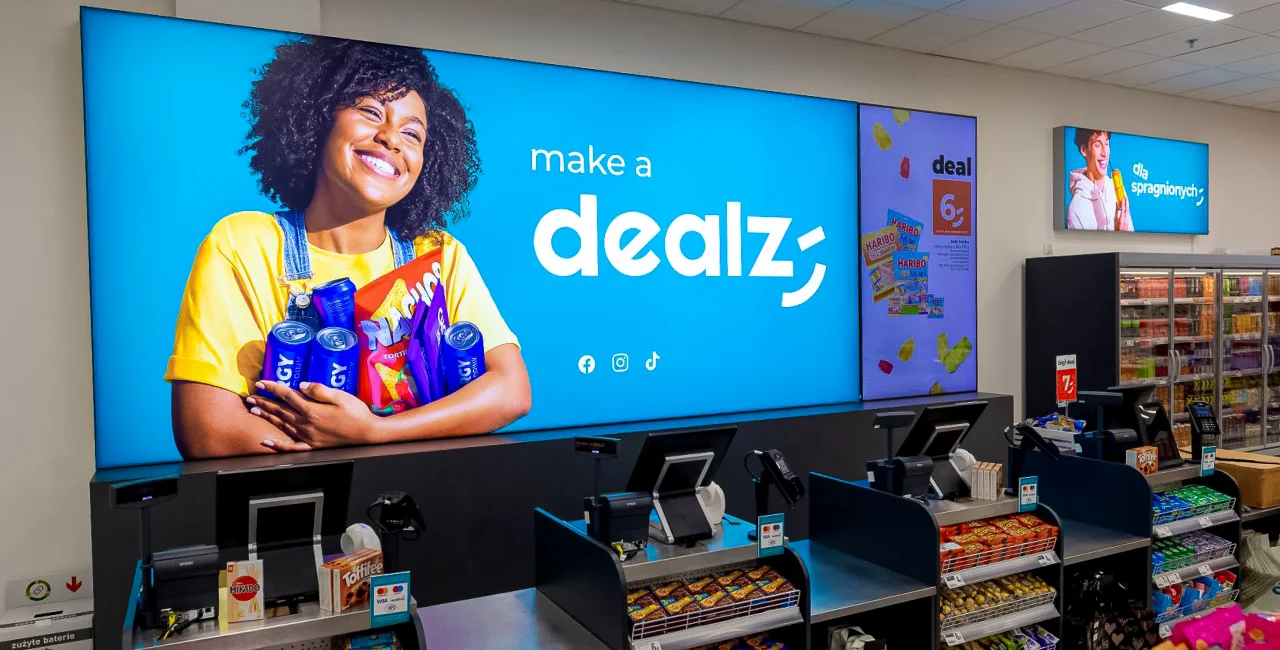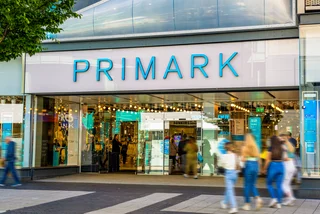The Czech Republic is currently grappling with the 13th-fastest food price increase among 43 monitored European countries, with year-on-year food inflation reaching 24 percent. However, a glimmer of relief has emerged, as certain staples such as bread, potatoes, and milk saw notable decreases in May, contributing to a 3.7 percent overall reduction in food prices.
Despite this anti-inflationary effect, analysts caution that the current discounts may be short-lived. The rising popularity of discount chains is no surprise, as earlier data showed that nearly two-thirds of Czechs want to save on food costs.
Short shelf life, cheaper price?
Roman Stupka, the owner of Food in Action, told the Czech publication iDnes.cz, “The interest is huge, both from end customers and owners of discount food stores.”
Discount stores offer a wide range of products, including canned goods, meat, dairy, bread, and chocolate, often at a third of the price. Some discount store sellers, however, say suppliers have increased prices recently to keep pace with inflation.
Discount stores to try
When navigating the grocery aisles, it’s essential to understand the difference between “Use by” (Spotřebujte do) and “Best before” (Minimální trvanlivost do) dates to ensure food safety and savings, dTest consumer organization Eduarda Hekšová director told Lidovky.
“’Use by’ indicates the product must be consumed by the specified date for safety reasons. After this date, the item is no longer safe to eat and should not be sold or consumed.’”
He adds that products with an expired minimum durability date (DMT) must be displayed separately and marked. While such products are harmless to health, changes in color or taste may occur. Very durable products, such as legumes or rice, can maintain quality even a year after their DMT.
New discount retailer eyes the Czech market
Not only are the popularity of discount food shops on the rise, but discounr retailers offer a wide range of products at affordable prices are also increasing in larger shopping centers, Robert Skládal from Cushman & Wakefield told Penize.cz.
"In the past, these brands appeared mainly in retail parks, but now they also open stores in standard shopping centers," he says.
Chains like Pepco, Kik, and Action have also been expanding their presence in the Czech market, and they may soon have new competition. The Polish discount store Dealz is preparing to enter the Czech and Slovak markets, according to the Aktuality.sk website.
The Dealz brand, along with the Pepco network, belongs to the Pepco Group. It also aims to attract buyers with low prices during times of high inflation. The product range includes food, beverages, drugstores, household items, and toys.
The Aktuality.sk website reported that products from Slovakia and the Czech Republic are now available in Polish Dealz stores. Additionally, price tags in these stores now display prices in Polish zloty, euros, and Czech crowns. This is similar to the strategy used by the Dutch discounter Action when they expanded to new markets.
The Dealz chain has not yet commented on whether it can confirm its entry into the Czech market. Dealz opened its first store in Poland in 2018 and currently has over 300 stores in 200 cities there.
Polish Pepco has over 1,300 stores in Poland, 301 in the Czech Republic. The German discounter Kik has over 220 stores on the Czech market. Competitor Action opened its 69th store in Nové Bor at the end of May, and has been operating in the Czech Republic since 2020.
Another Polish chain is preparing to enter the neighboring Slovak market. Biedronka, owned by a Portugese food discounter, will open there this year.












 Reading time: 3 minutes
Reading time: 3 minutes 





























